A journalist from The Atlantic was accidentally added to a Signal messaging group discussing military actions against the Houthi group in Yemen. The breach revealed sensitive details, including military strategy and classified information. The Pentagon later confirmed the authenticity of the messages, raising concerns about national security and communication protocols within the U.S. administration.
In an unprecedented leak, Jeffrey
Goldberg, editor-in-chief of The Atlantic, found himself accidentally included in a private chat group with the Trump administration’s senior national security officials. The group, created for discussions on airstrikes targeting the Houthi rebels in Yemen, exposed highly sensitive military plans, which Goldberg detailed in an explosive article titled, The Trump Administration Accidentally Texted Me Its War Plans.
#The Chat That Shouldn’t Have
Happened
Goldberg’s story began on March 11, when he received a Signal connection request from someone identifying as Michael Waltz, the national security adviser. Initially unsure whether it was truly Waltz, Goldberg reluctantly accepted the request, only to be added to a discussion chain called the “Houthi PC small group” two days later. The messages shared within this group included sensitive details about military operations targeting the Houthi rebel group, backed by Iran, in Yemen.
#A Reckless Breach of Security
Protocols
The Signal chat was populated by some of the highest-ranking officials in the Trump administration: Vice President JD Vance, Defense Secretary Pete Hegseth, and National Security Adviser Mike Waltz, to name a few. They discussed everything from military targets to operational details. Goldberg shared his initial disbelief at the group's informality, with members, including top officials, casually debating strategic decisions like the timing of military strikes and potential impacts on oil prices and global trade. Waltz, unaware or unconcerned by Goldberg’s presence, continued to share increasingly sensitive details. The messages included information on the precise timing of the strikes, the weaponry to be used, and even discussions about military morale. This wasn’t just a logistical planning group—it was an in-depth look into the decision-making processes surrounding imminent military actions.
#Houthi Strikes: The Military
Action Unveiled
On March 15, just hours after these
discussions, the Trump administration launched a series of air and naval strikes against the Houthis. The Pentagon confirmed the operation was aimed at neutralizing key Houthi leaders in a bid to restore stability to the Red Sea. Waltz later appeared on ABC’s This Week, asserting the strikes were "an overwhelming response" that "actually targeted multiple Houthi leaders" and showed that the administration was "holding Iran responsible."
What makes this breach even more
troubling is the information shared
within the chat. Hegseth and others included extremely specific details about the weaponry to be used, the targets selected, and the sequence of events— information that could potentially have jeopardized the lives of American military personnel or compromised national security if exposed to adversaries.
#The Strange Nature of the Leak#
As Goldberg navigated this bizarre
situation, he consulted colleagues, who initially suspected the messages could be part of a disinformation campaign, designed to entrap or embarrass
journalists.** But as the hours passed, it became increasingly clear that the texts were authentic.** The language, tone, and depth of the discussions rejected the voices of the people they purported to be. Goldberg was left questioning how and why he had been included, and what kind of security lapse had allowed him to see these sensitive discussions.
#The Legal and Security Implications
This incident raises significant concerns about the security practices of senior U.S. officials. National security lawyers pointed out that discussions of active military operations should only occur on classified communication systems, not on apps like Signal, which are not approved for sharing classified information. Even though Signal is encrypted, it doesn’t meet the security standards required for sensitive government discussions.
There is also the matter of the Espionage Act and the Federal Records Act. The use of Signal to coordinate military action potentially violated both. Senior officials should not use unsecured apps for official business, as it risks leaking national security information. What’s more, by setting messages to disappear after a certain period, the officials also circumvented federal records laws, which mandate the preservation of government communications.
#The Aftermath and Official Responses
Goldberg eventually removed himself from the Signal group, prompting no immediate questions from the others. It was only after his article was published that National Security Council spokesperson Brian Hughes confirmed the authenticity of the Signal chat, calling it a "demonstration of deep and thoughtful policy coordination" but also acknowledging that an "inadvertent number" had been added to the chat.
The Trump administration's response has been mostly defensive. A spokesperson for Vice President Vance stressed that he supported the administration’s foreign policy, despite the controversial nature of the leak.
Meanwhile, legal experts have
warned that this breach could have far-reaching consequences, including for national security, operational secrecy, and the integrity of military planning.
#A Leak That Should Never Have Happened
In the end, Goldberg’s inclusion in the Signal chat was a glaring example of how easily sensitive national security information can slip through the cracks. While some might argue it was a simple mistake, the repercussions are far from trivial. With the actions of senior U.S. officials now exposed to public scrutiny, the case underscores the critical need for tighter security measures, especially when discussing sensitive military operations.
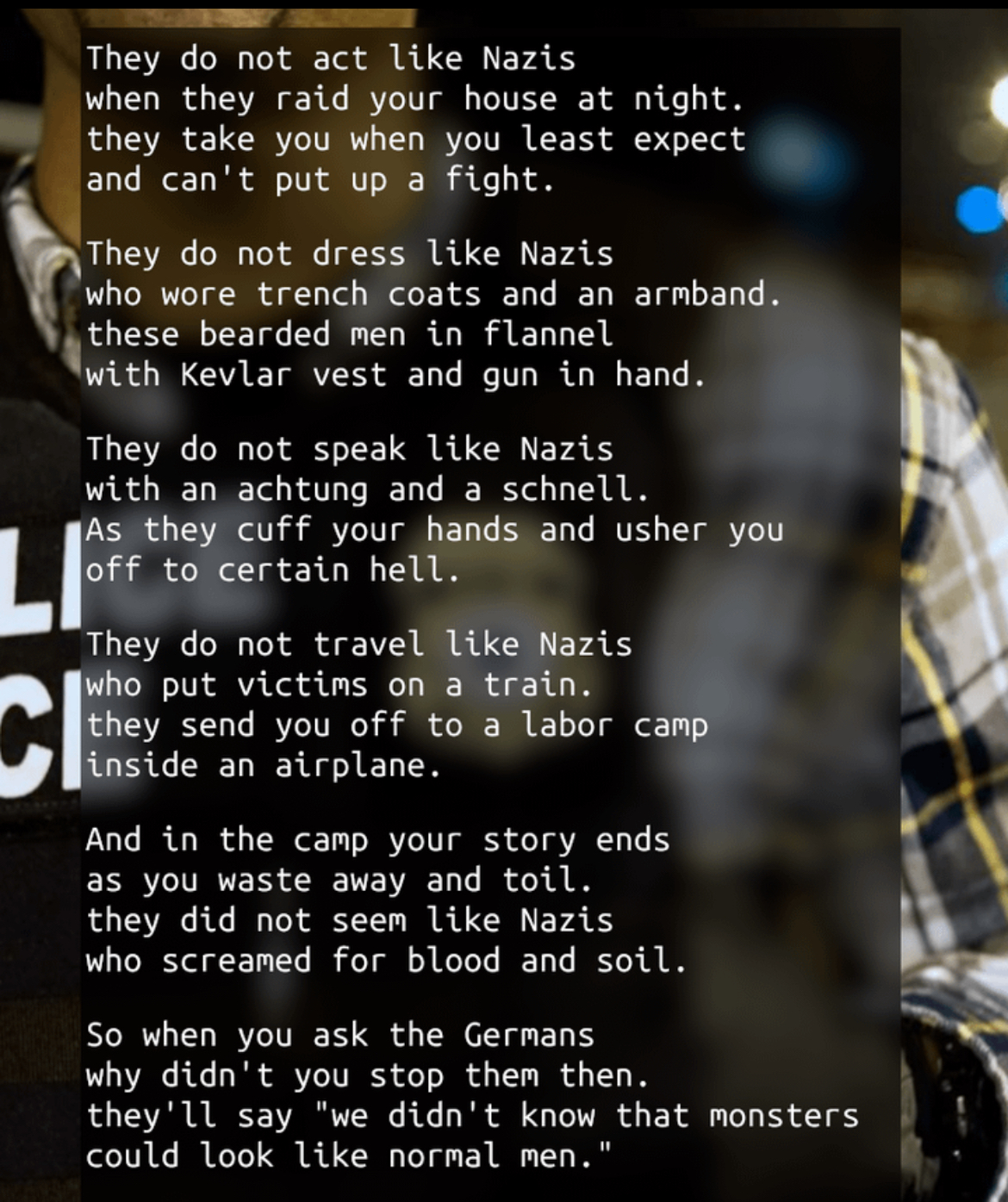
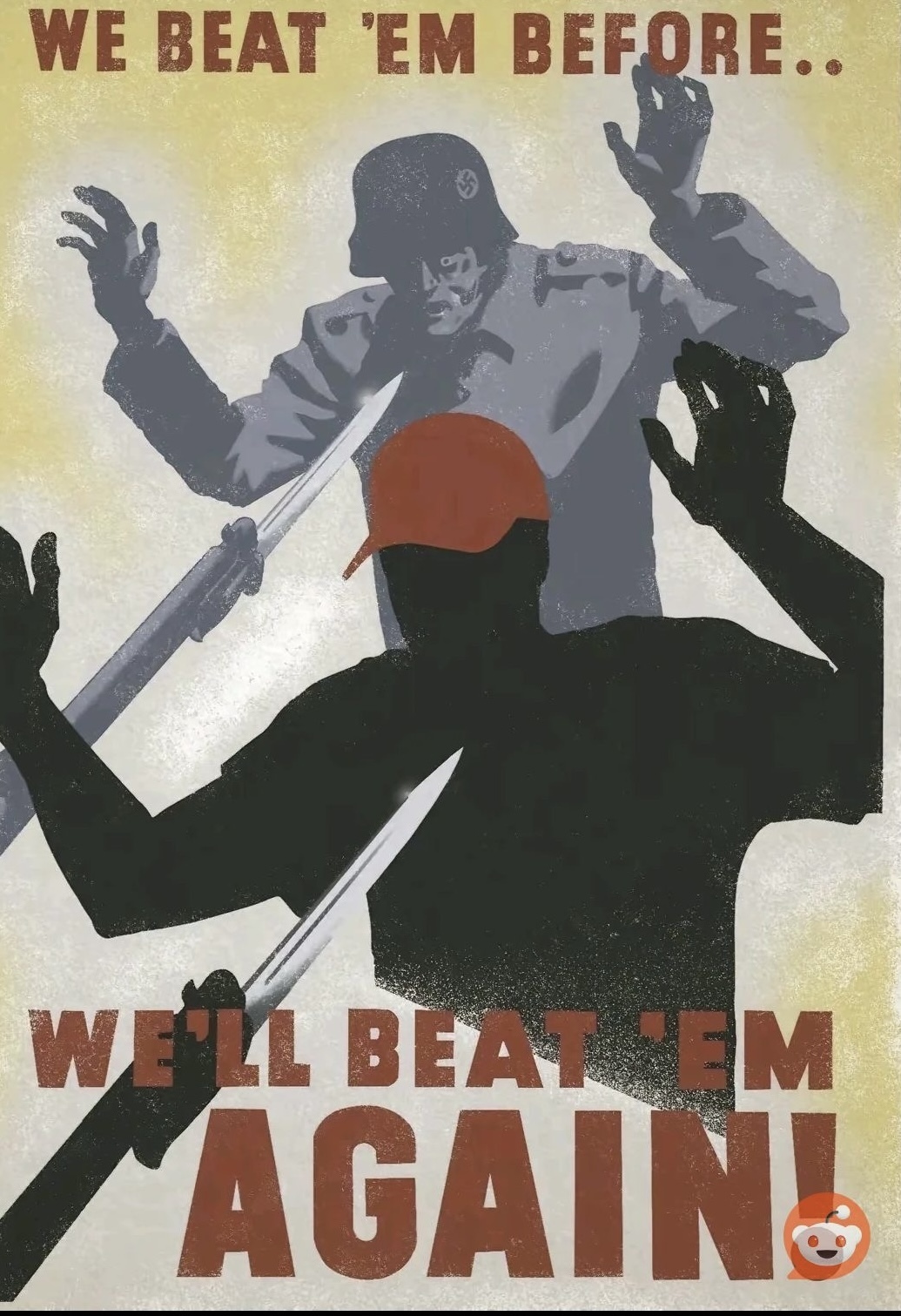

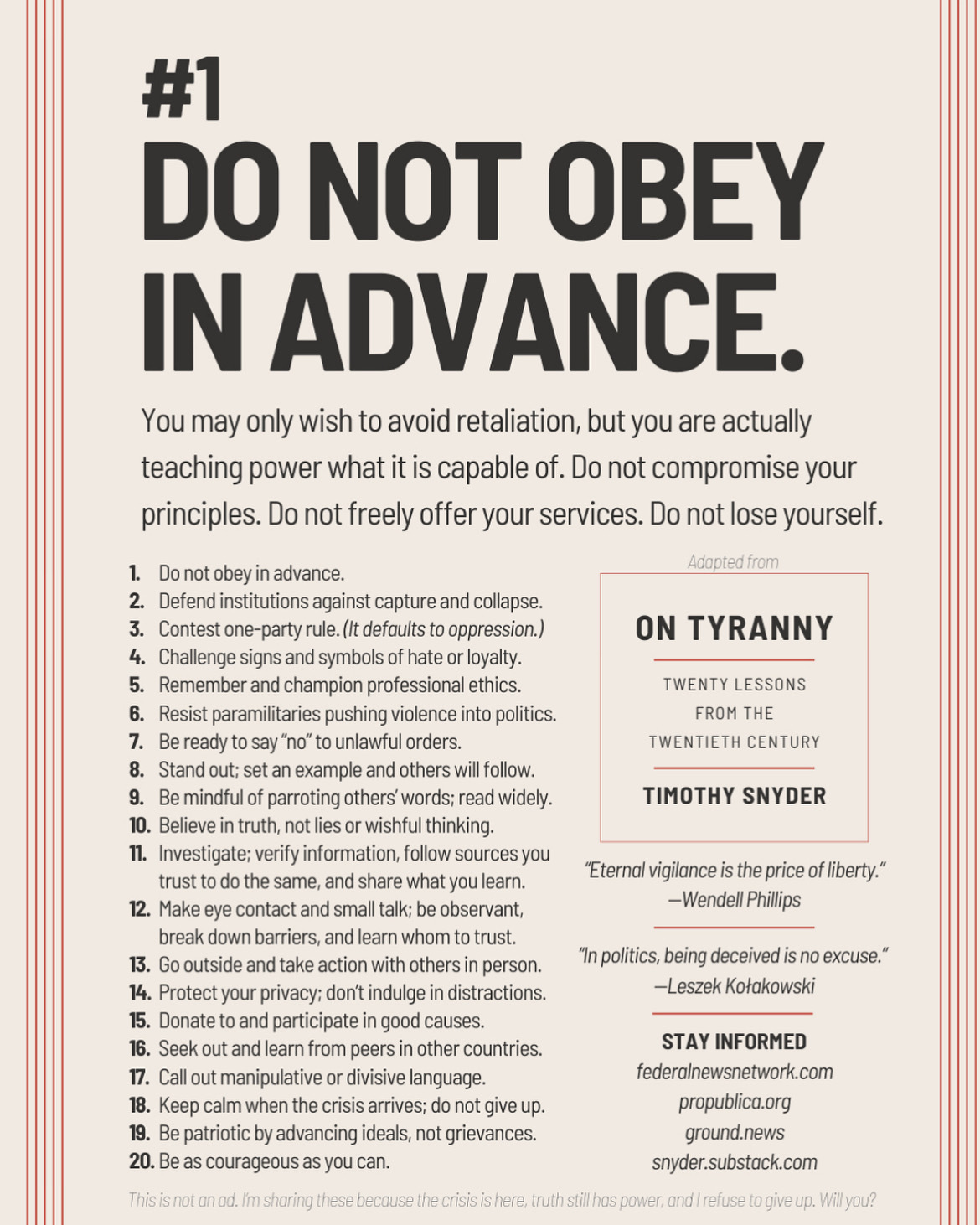
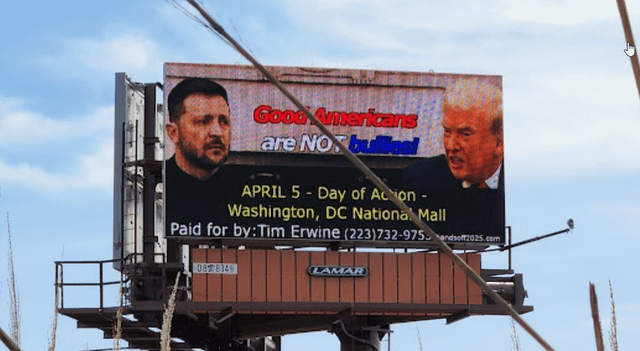
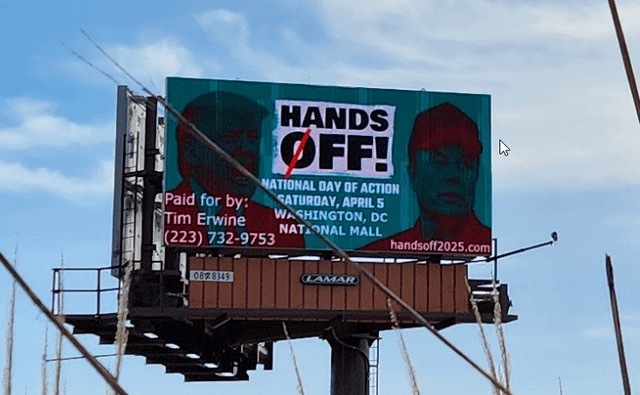

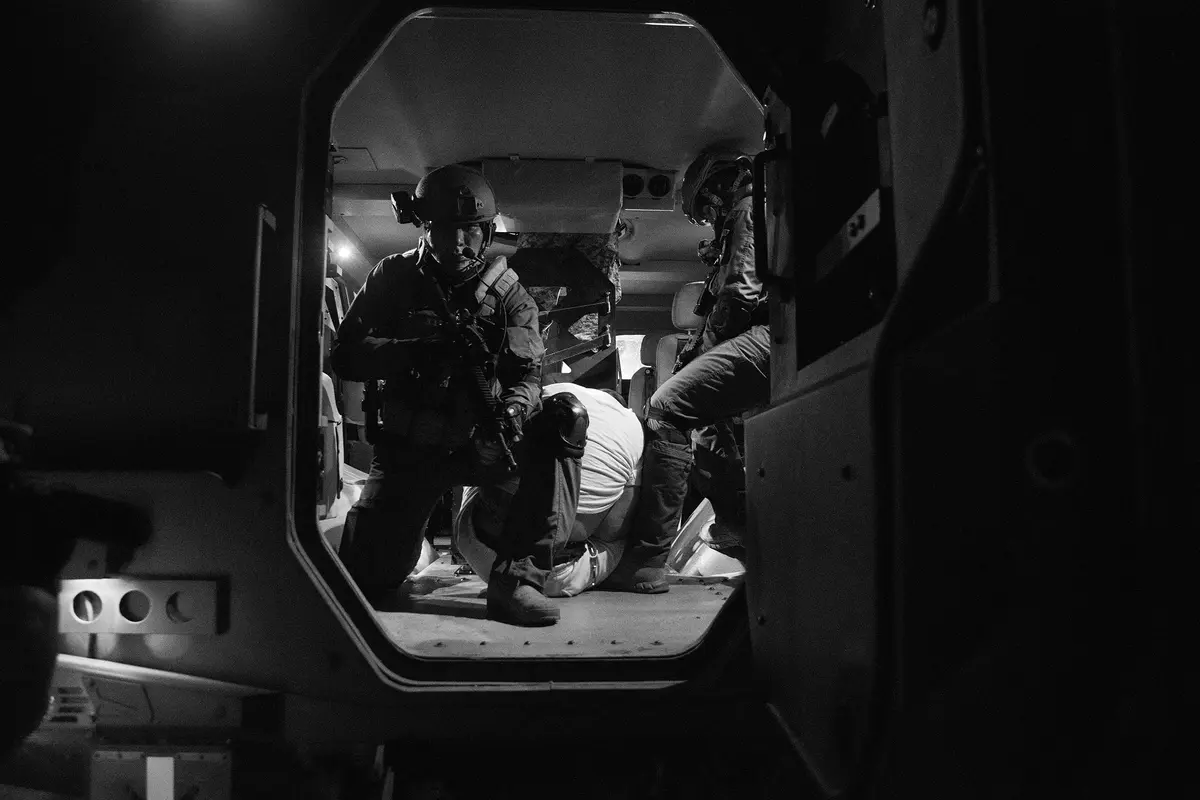
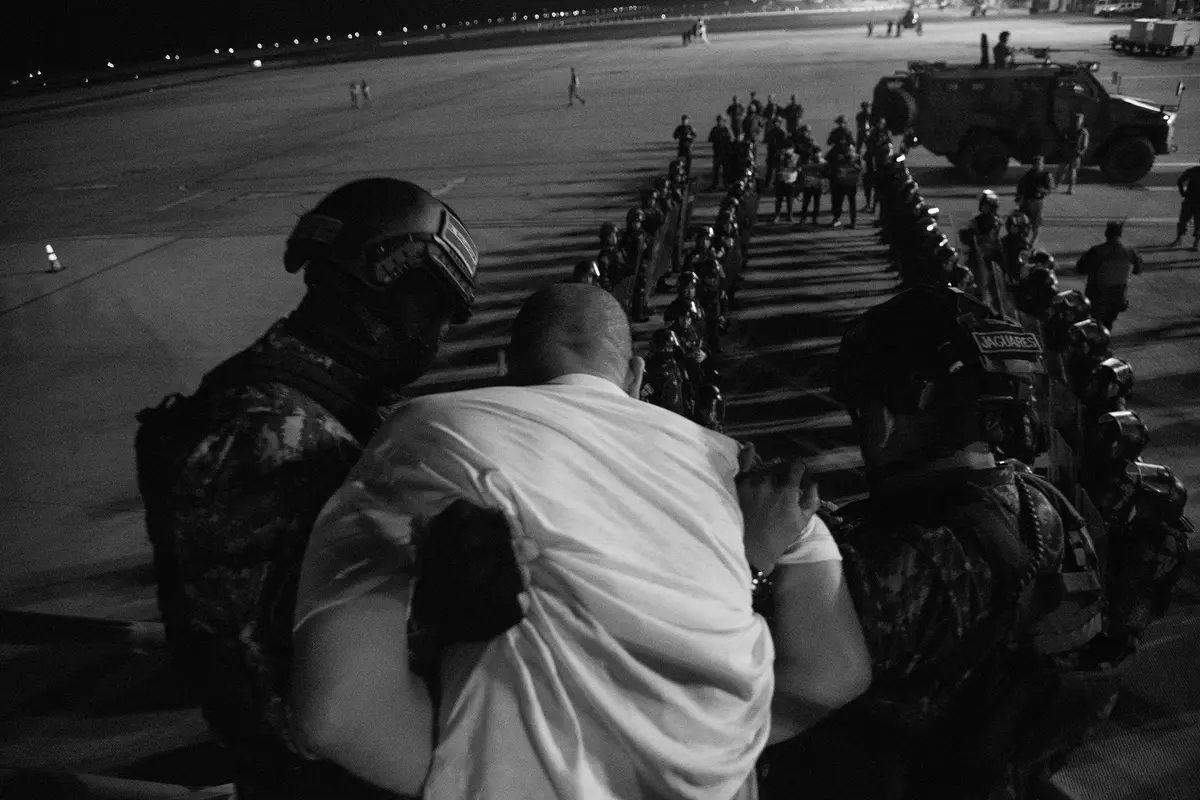
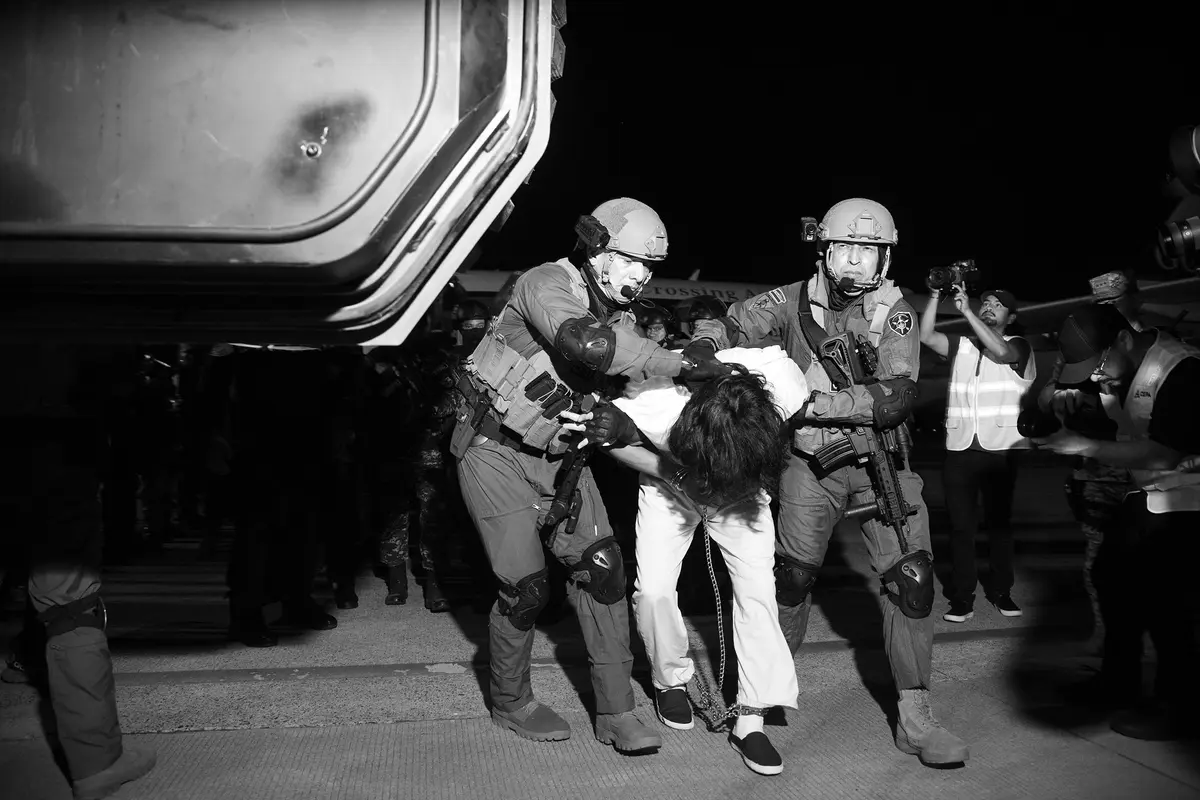
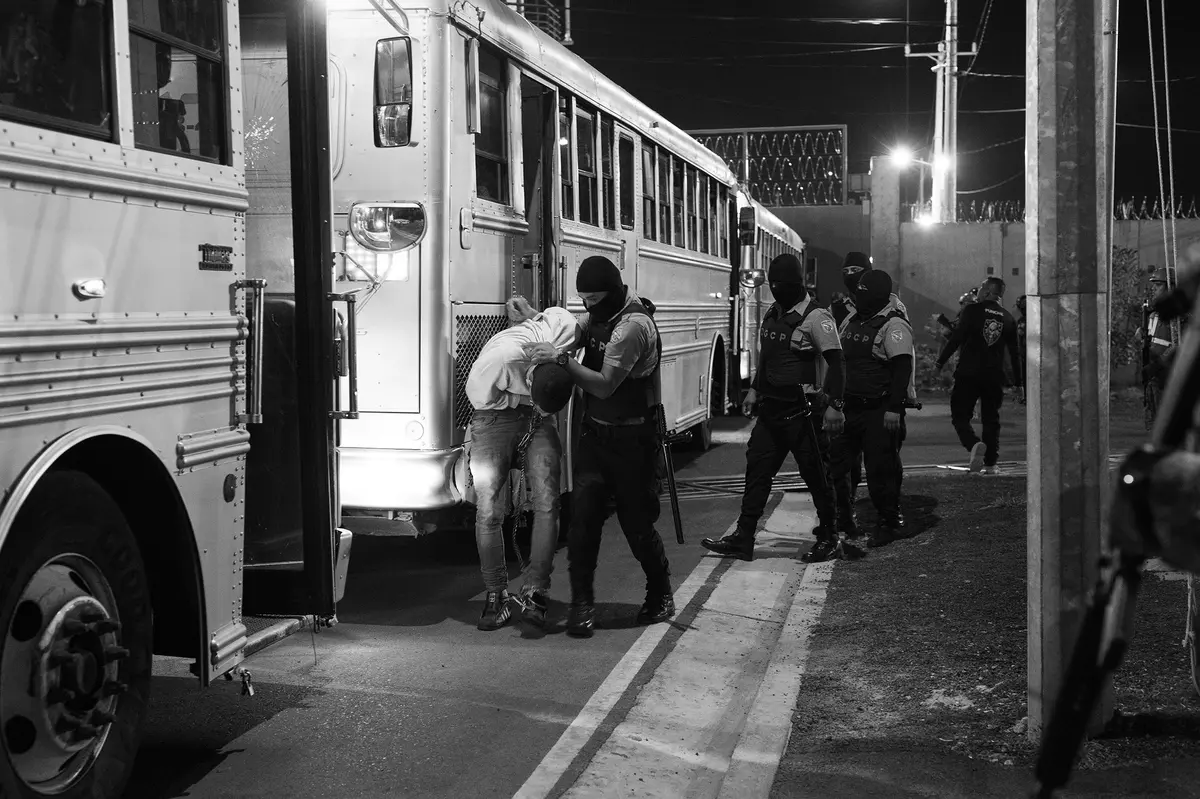


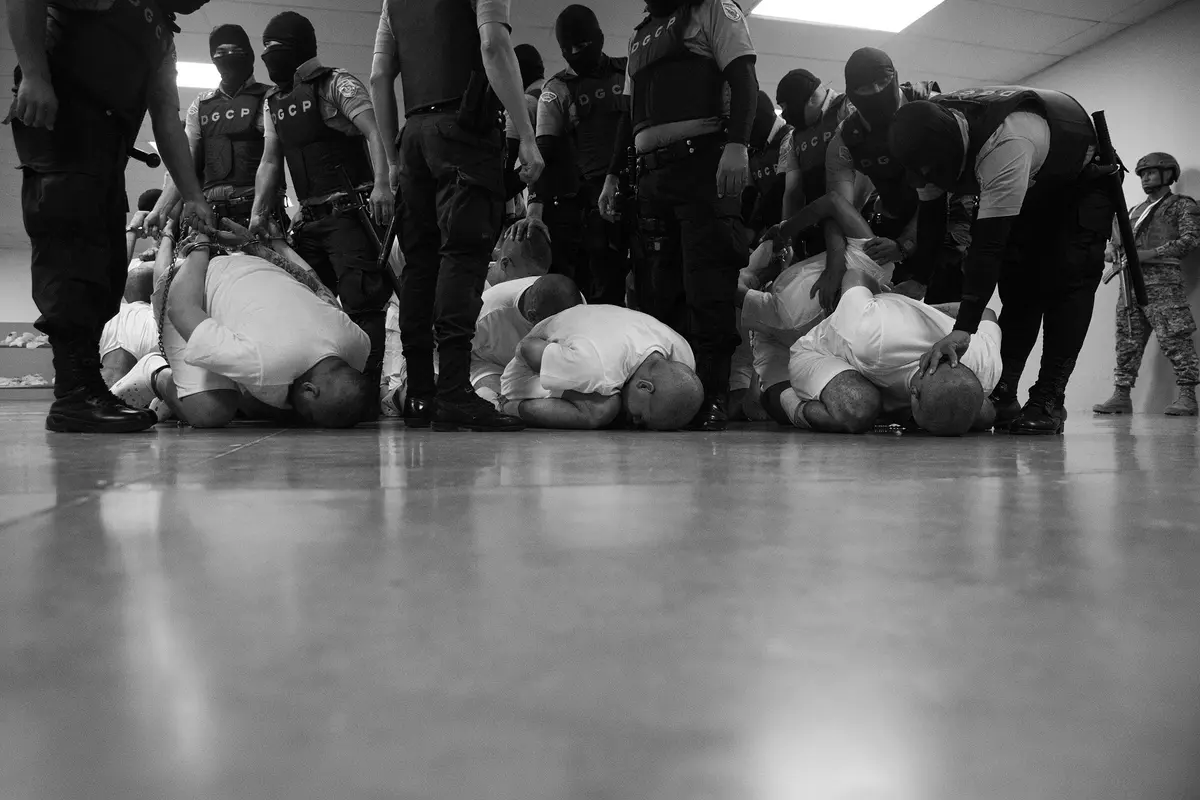

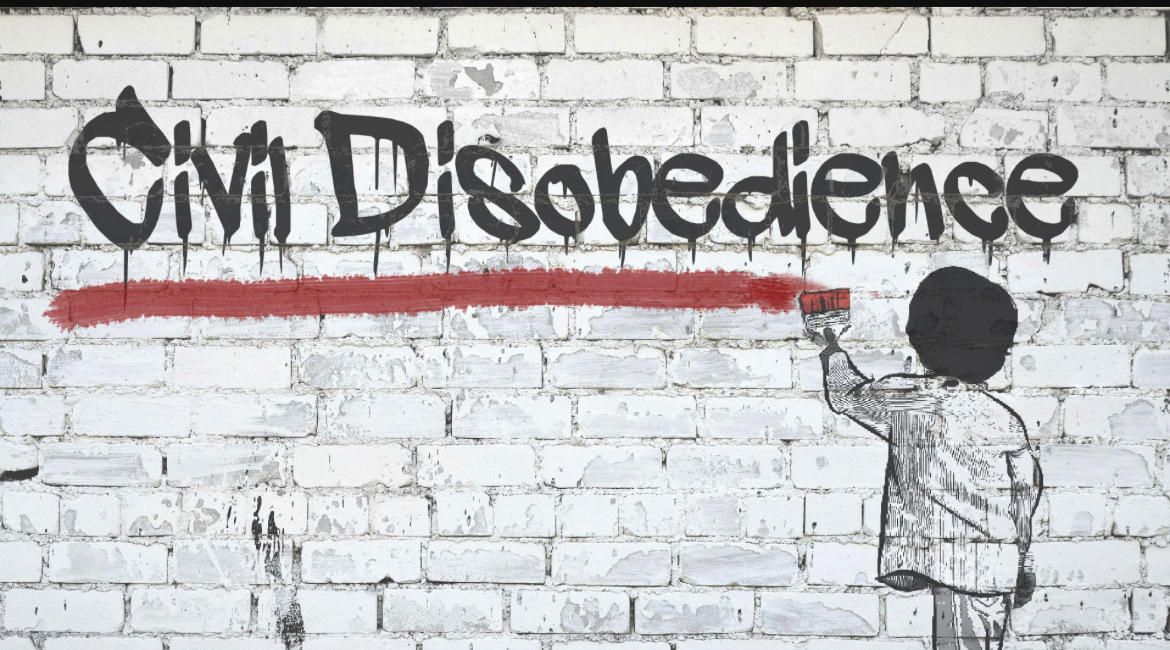





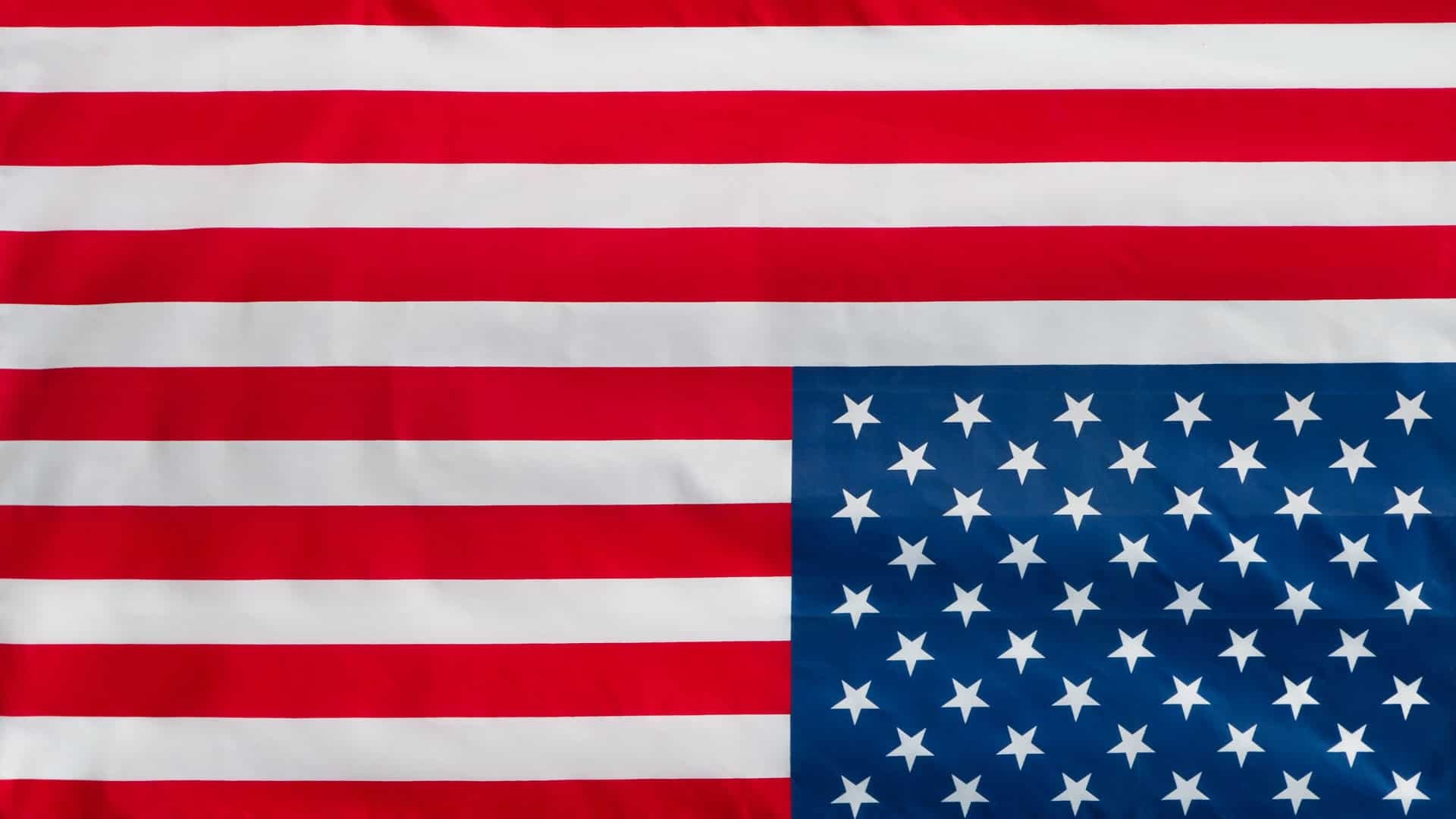



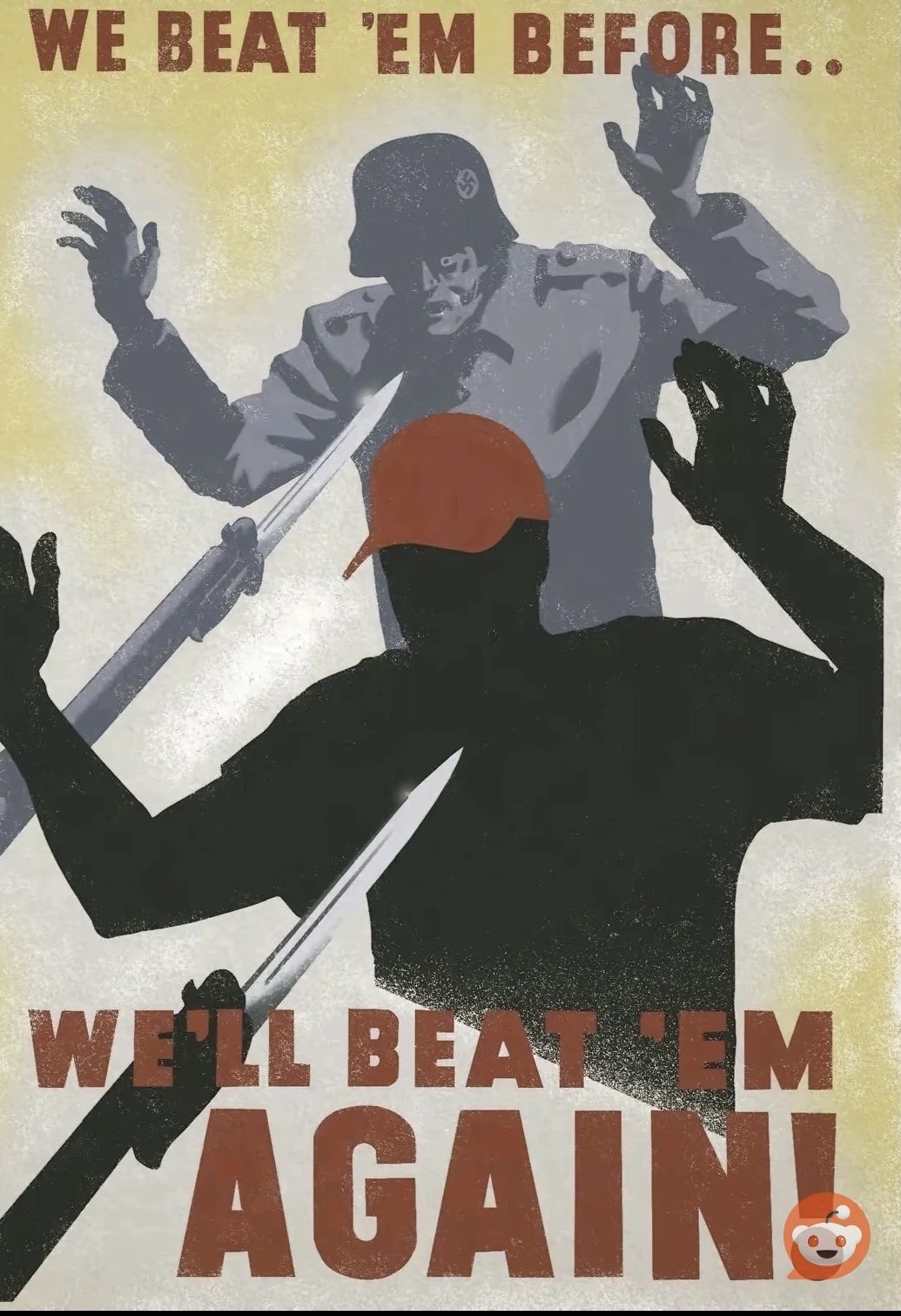

Because I got distracted and immediately put my phone down after my comment.